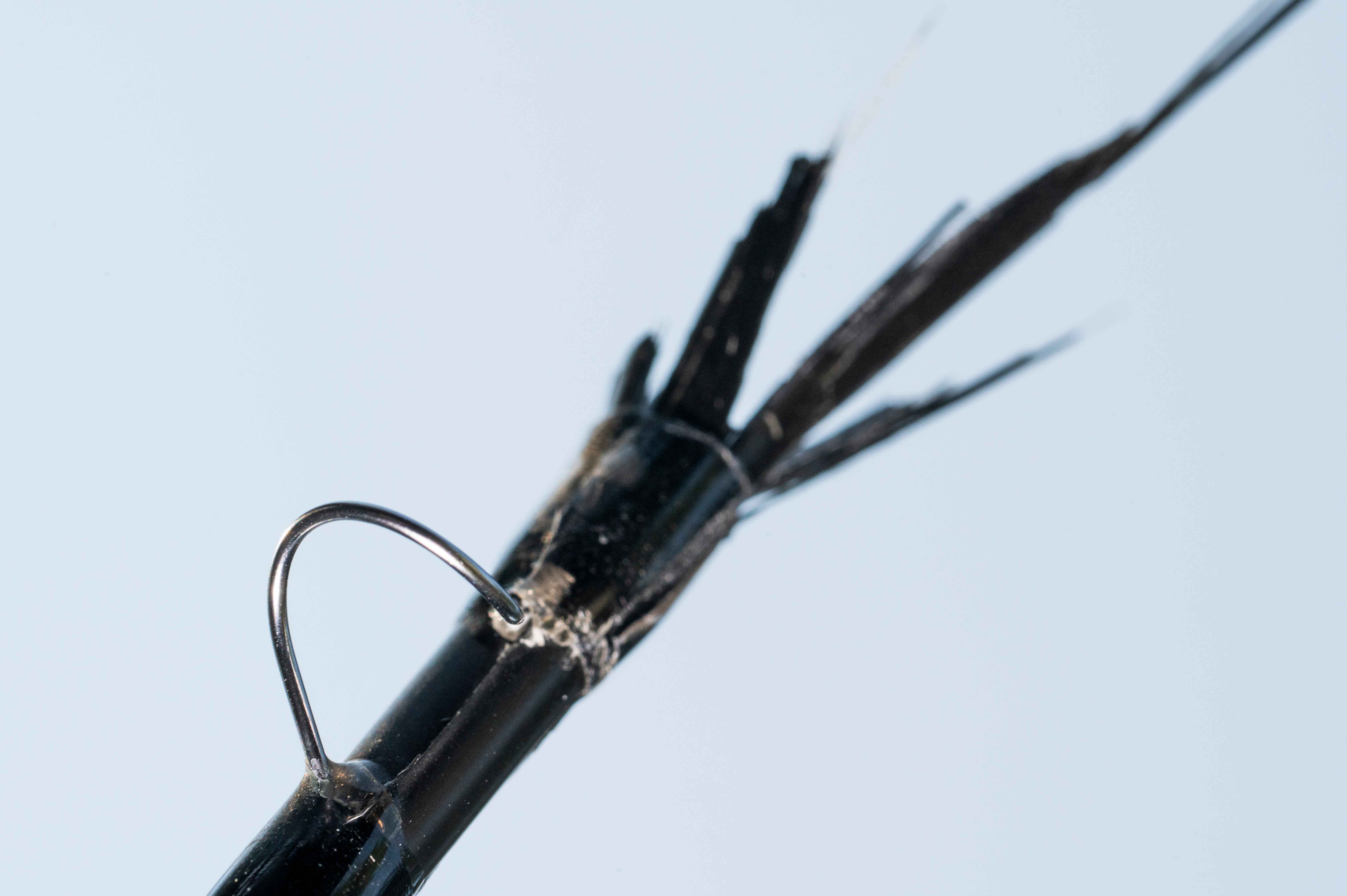Montana Governor Vetoes Styrofoam Bill

Montana Governor Vetoes Styrofoam Bill
Montana House Bill (HB) 477 was recently created to “phase out single-use expanded polystyrene (EPS) foam food containers across Montana.”
It’s widely understood that microplastics are emerging as a significant human health concern–microplastics, defined as plastic particles smaller than 5 millimeters, have been detected throughout the human body and pose unknown health risks. Human exposure, which often happens through ingestion (food, food packaging, water), inhalation and dermal absorption, has been linked to cardiovascular, neurological and cancer risks, though researchers are just starting to understand the impact.
The Association of American Medical Colleges (AAMC) reported last year: “Scientists from across the University of California system reviewed hundreds of existing studies on microplastics and health and compiled a report for state lawmakers to consider during policymaking. Though mostly based on animal studies, Woodruff and her colleagues concluded that there was evidence that microplastics could harm fertility and increase cancer risk in humans…”
Montana Plastic Free highlights that microplastics are also in Montana’s water and wildlife:
- Researchers in 2019 found plastic in more than half of Montana’s streams, including 35 fishing sites
- Microplastics have been detected in Flathead Lake
- In 2021, microplastics were found in the stomachs of cutthroat trout in Yellowstone Lake
Montana House Bill (HB) 477 was a broad, bipartisan bill and a first step towards addressing the health and environmental concerns, before Governor Gianforte decided to veto the bill.
From The Daily Montanan:
Republican Gianforte on vetoing the bill: “The state banning styrofoam is costly government overreach, and like many Montanans, I enjoy hot coffee in a styrofoam cup, because it keeps it hot. And this bill is a hot mess.”
But the sponsor of House Bill 477, Rep. Marilyn Marler, D-Missoula, said she didn’t think the governor understood what the law actually intended–protecting human health and the environment.
“What he said was wrong. He was trying to be bombastic,” Marler told the Daily Montanan. “He put more effort into his silly video than in trying to understand the bill.”
Polystyrene Phase-out Bill Draws Broad Bipartisan Support in Montana Legislature
House Bill (HB) 477, to phase out single-use expanded polystyrene (EPS) foam food containers across Montana, has passed both the House and Senate with strong bipartisan support and backing from a diverse coalition of stakeholders. The bill, aimed at protecting public health, reducing litter, and supporting agricultural and timber business opportunities is now before Governor Greg Gianforte.
Since first introducing an EPS phase-out bill in 2019, sponsor Representative Marilyn Marler, D-Missoula, has worked to address lawmakers’ concerns and craft a phase-out that balances the health of Montanans and our natural environment with economic opportunities. This session, Marler teamed up with Senator Mike Yakawich, R-Billings, to build a broad base of support that spanned generations and party lines on both the Senate and House floor. “Hopefully when we draft bills, we find that sweet spot, that common spot where we can improve our environment as well as not hurting our businesses,” co-sponsor Yakawich told KTVQ after Senate passage.
Growing awareness of microplastics and their impacts on human health and the environment, along with attention from the U.S. Secretary of Health and Human Services, united legislators and citizens from across Montana in support of HB 477. Environmental and public health advocates highlighted the urgent need to curb the damage EPS causes to waterways, wildlife and people. Senator Daniel Zolnikov, R-Billings, emphasized the urgency: “We have chemicals touching our food–this is an easy way to say if the feds aren’t gonna do it, we’re gonna do it.” Representative Morgan Theil, R-Sydney, acknowledged EPS’s hormone-disrupting effects and noted, “Part of our role is to protect consumers–I appreciate the care the good sponsor put into this bill making it a well-thought-out, reasonable solution.”
The business community also rallied behind the bill. Restaurant owners seeking responsible packaging, Montana-based manufacturers developing compostable alternatives, the state’s growing composting industry, and others see HB 477 as a chance to build consumer trust and spur market growth. Representative Steve Gist, R-Cascade, sees the bill as a way to move forward in a “more positive direction.” Gist remarked that the bill could stimulate more growth of businesses utilizing Montana agricultural byproducts to create compostable products and then, after use, utilizing those materials to produce soil amendment. Senator Bruce “Butch” Gillespie, R-Ethridge, hailed the bill as a promising opportunity, saying, “Let this be the beginnings of a whole new industry for Montana,” citing hemp–of which Montana is one of the nation’s leading producers–as a potential example.
If it becomes law, HB 477 will protect Montanans from the harms of a known toxic product–EPS foam food containers–and its measured phase-in will protect Montana businesses from unexpected disruptions. In fact, businesses able to demonstrate that the bill will cause “undue hardship” can seek an exemption from the phase-out. EPS products already exempt from the phase-out are meat trays, egg cartons and non-food use foam packaging.
HB 477’s success shows that even in politically divided times, citizens and lawmakers can find common ground if they work together to find solutions. The bill is now before Governor Gianforte to decide if this commonsense policy can become a model for a healthier America.
Jeremy Drake, MT Plastic Free
.svg)








